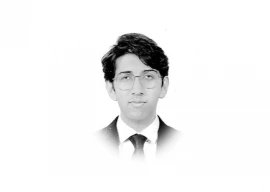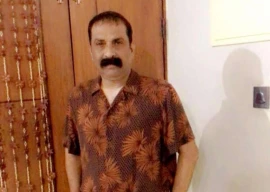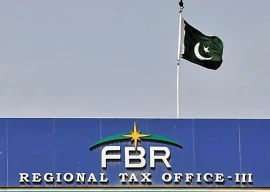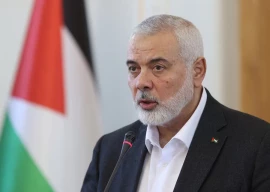
Another consequence of the narrow focus has been the almost complete ignorance of reforming the mainstream public sector education system and the need to discuss/debate the content of education in public schools for subjects other than Islamic studies. What should we be teaching our children? Should a child living in Karachi have the same education as a child living in a fishing community or a child living in a village where the main occupation is animal rearing or agriculture? Maybe the answer is yes, maybe it is not, and maybe some of the content has to be similar but some subjects have to be tailored to the needs of the children. But whatever the answer, it is impossible to resolve these issues a priori and without rich discussion and debate, based on rigourous research. This discussion has been missing in the reform debate in Pakistan.
It is interesting to think through why this debate is needed at this point in time in our history and why these issues were not taken care of long ago. This is where the historical context becomes important. When the British were thinking of a design for the education system for India there was a lot of debate on what sort of education system would make sense for the colony and whether it should be a system that eventually tries to cover all children in India or not — and what should be the objectives of this education system. In the end, the British administration decided to go for an education system based on public schools that would educate a minority of children in India but make them sufficiently literate and educated in English and other 'modern' subjects so that a class could be created that would be able to interact with the rulers, help them in governing the masses and become a buffer between the rulers and the masses. The other options, of integrating vernacular schools into the mainstream system, having a more extensive state school system and even having some connections with religion schools, were all dropped in the interest of managing expenses and other administrative concerns.
Post 1857 some Muslim scholars and clerics felt that traditional Islamic education, culture and way of life was under threat from colonial invasion. They needed to respond. Though informal institutions like Farangi Mahal continued to work for some time, other more formal institutions (madrassas and darul ulums) also came into existence at this point. So, education in the sub-continent, even by the start of the 20th century, was already divided into a number of streams and sub-streams. And some of the institutions were very different and even distant from each other. What is more intriguing is that these streams or sub-streams were not really challenged and looked at critically even after a new country came into being. One would have thought, that for ideological as well as nation-building reasons, the new state would have looked at education issues very carefully and critically to ensure that the larger objectives of the new state would be addressed through the education system. But we do not find much evidence for that.
Published in The Express Tribune, November 16th, 2010.













COMMENTS (2)
Comments are moderated and generally will be posted if they are on-topic and not abusive.
For more information, please see our Comments FAQ